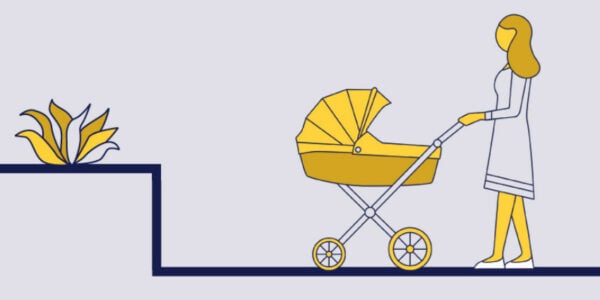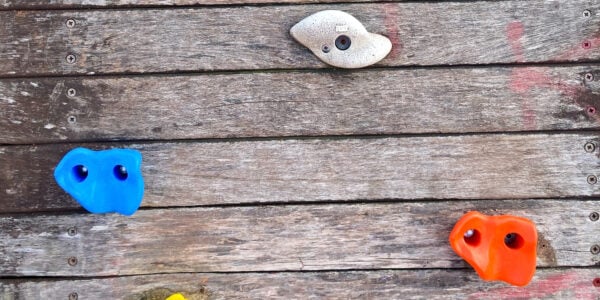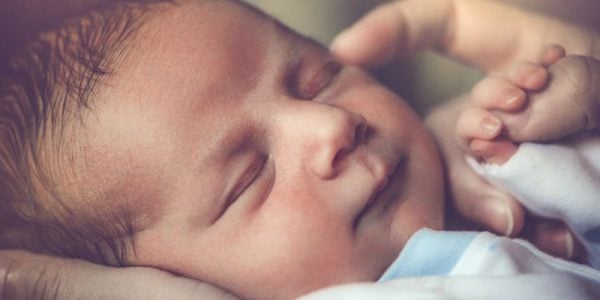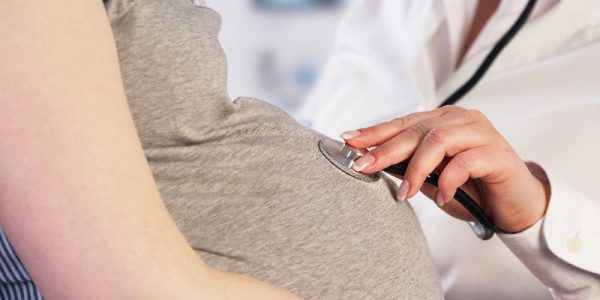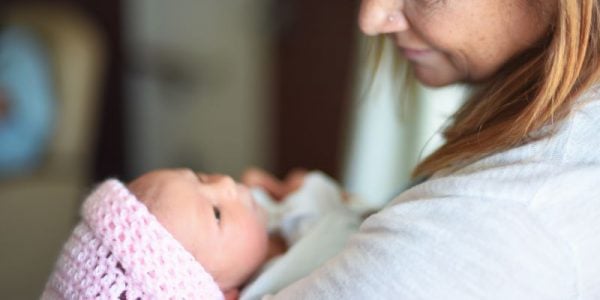-
 Family Justice Data Partnership
Family Justice Data Partnership -
 Lancaster University
Lancaster University -
 The Centre for Child and Family Justice Research
The Centre for Child and Family Justice Research -
 Swansea University Medical School
Swansea University Medical School -
 Population Data Science at Swansea University
Population Data Science at Swansea University -
 SAIL Databank
SAIL Databank
Understanding care pathways and placement stability for babies in Wales
Authors & Organisations
Dr Laura Cowley: Swansea University
Dr Laura North: Swansea University
Professor Karen Broadhurst: Lancaster University
Dr Stefanie Doebler: Lancaster University
Dr Bachar Alrouh: Lancaster University
Dr Linda Cusworth: Lancaster University
Dr Mariam Abouelenin: Lancaster University
Dr Lucy J Griffiths: Swansea University
Dr Laura North: Swansea University
Professor Karen Broadhurst: Lancaster University
Dr Stefanie Doebler: Lancaster University
Dr Bachar Alrouh: Lancaster University
Dr Linda Cusworth: Lancaster University
Dr Mariam Abouelenin: Lancaster University
Dr Lucy J Griffiths: Swansea University
Authors
Dr Laura Cowley
Dr Laura North
Professor Karen Broadhurst
Dr Stefanie Doebler
Dr Bachar Alrouh
Dr Linda Cusworth
Dr Mariam Abouelenin
Dr Lucy J Griffiths
Dr Laura North
Professor Karen Broadhurst
Dr Stefanie Doebler
Dr Bachar Alrouh
Dr Linda Cusworth
Dr Mariam Abouelenin
Dr Lucy J Griffiths
Organisations
Swansea University
Swansea University
Lancaster University
Lancaster University
Lancaster University
Lancaster University
Lancaster University
Swansea University
Swansea University
Lancaster University
Lancaster University
Lancaster University
Lancaster University
Lancaster University
Swansea University
Downloads
This report was written in partnership with






